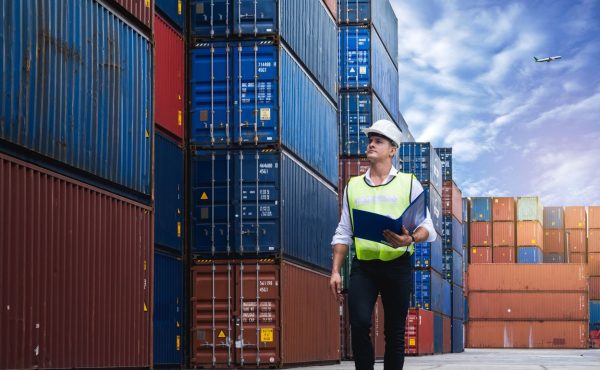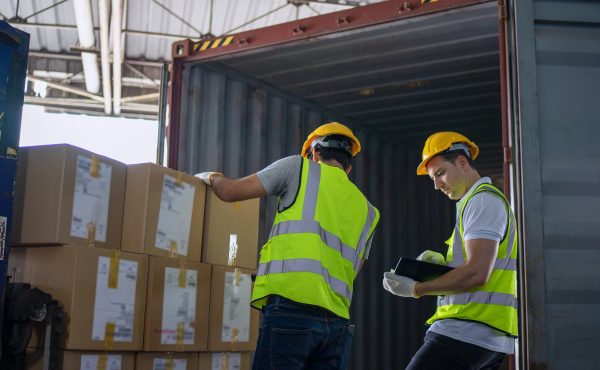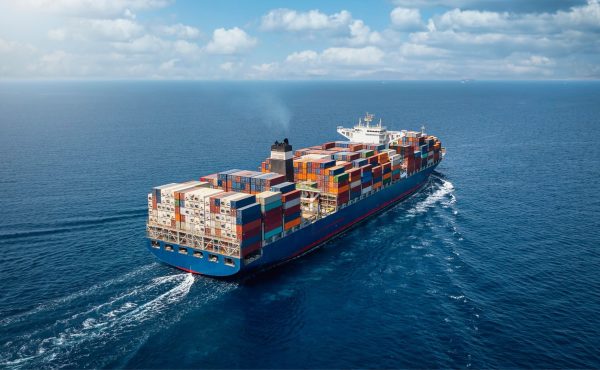The most commonly used Incoterms
Incoterms, or International Commercial Terms, are a set of international rules defined, updated, and published by the International Chamber of Commerce (ICC) that indicate the responsibilities and obligations of buyers and sellers in relation to international commercial transactions. Their main objective is to establish a clear framework of costs and risks between the parties involved in the delivery of goods.
In the field of international logistics, Incoterms are essential for determining who is responsible for transportation, insurance, customs clearance, and other costs related to the movement of goods from the place of origin to the final destination. They apply to different types of transport, including air, sea, and land. They are also tailored to the specific needs of each commercial transaction. Which ones are used the most?
- EXW (Ex Works): The seller delivers the goods to the seller’s premises and the buyer assumes all risks and costs from that point onwards.
- FOB (Free On Board): The seller delivers the goods at the port of shipment on board the vessel designated for sea transport and is responsible for the costs up to that point.
- CIF (Cost, Insurance and Freight): The seller pays for carriage and insurance to the named port of destination, while the buyer assumes the risk once the cargo has been delivered on board.
- DDP (Delivered Duty Paid): The seller is responsible for all costs, including import duties and taxes, until delivery of the goods at the agreed place.
These international trade terms are widely used because of their clarity and simplicity in allocating responsibilities and costs between the parties involved in the trade transaction. There is a longer list of Incoterms depending on the type of transport.

Regulations associated with Incoterms and their legal basis
The International Chamber of Commerce periodically updates the Incoterms to reflect changes in the movement of goods globally and to ensure their relevance and clarity. These rules have a legal basis and are internationally recognized, making them applicable in the resolution of commercial disputes and in the drafting of contracts.
The relationship between customs and Incoterms is a close one, as customs authorities use them as a reference to manage the movement of goods across their borders. It is also important to note that Incoterms are classified into groups according to the type of transport, which facilitates their application and understanding in different logistical contexts.
For a correct application and impact of Incoterms in international logistics, it is advisable to have the advice of an experienced logistics company that is familiar with these rules. At Logisber we help companies every day in all their national and international freight forwarding operations in a direct, personalized, traceable, and efficient way.
If you need help with the application of Incoterms in your commercial operations, contact Logisber now and our team of professionals will tell you how to apply Incoterms according to your needs.
Categorías
Compartir









